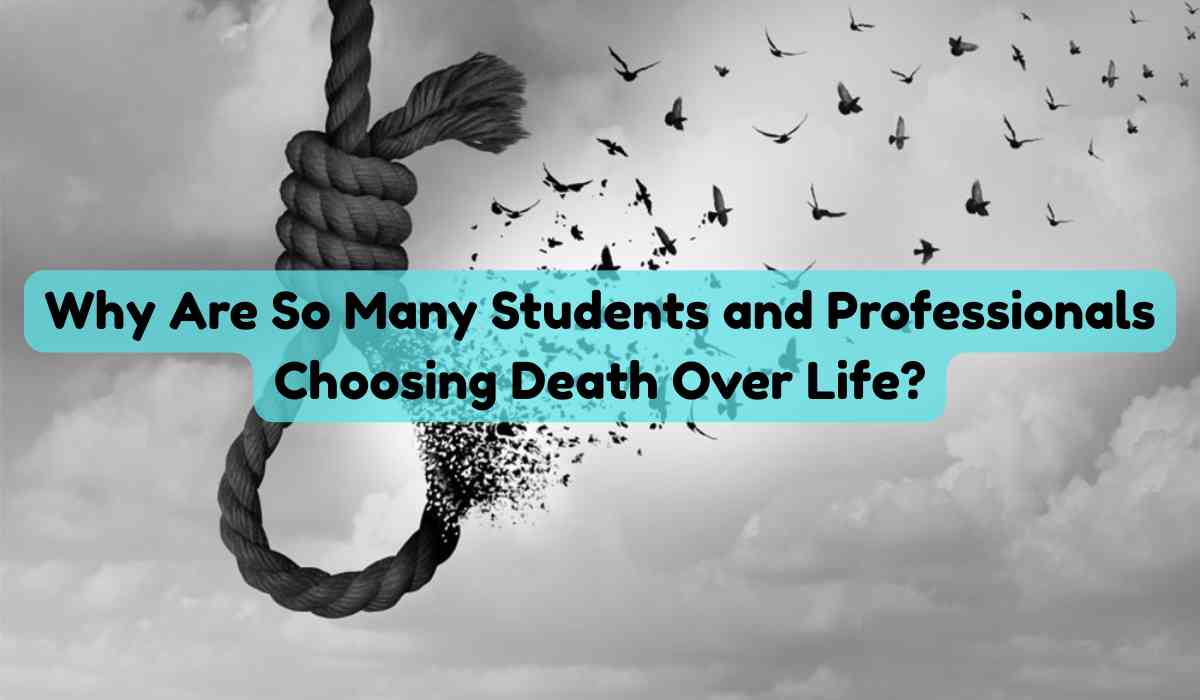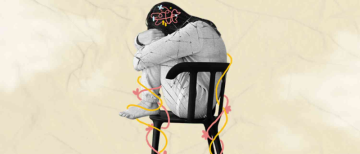In the world's largest democracy — a country that prides itself on its youth and its talent pool — young lives are ending not with riots or revolts, but with ropes and silence. A bank manager in Pune. A BDS student in Noida. IIT students in Delhi, Kharagpur, Madras. These are not isolated tragedies. They are symptoms of a deadly malaise that’s slowly consuming India’s professional and educational ecosystems. Every statistic is a story lost too soon. Every suicide is a scream no one heard in time.
How cheap have human lives become, that a rope in a bank locker room or a hostel ceiling fan can end decades of struggle, dreams, and love? And how unbearably hard has life itself become, that dying feels easier than surviving the weight of expectations, abuse, or apathy?
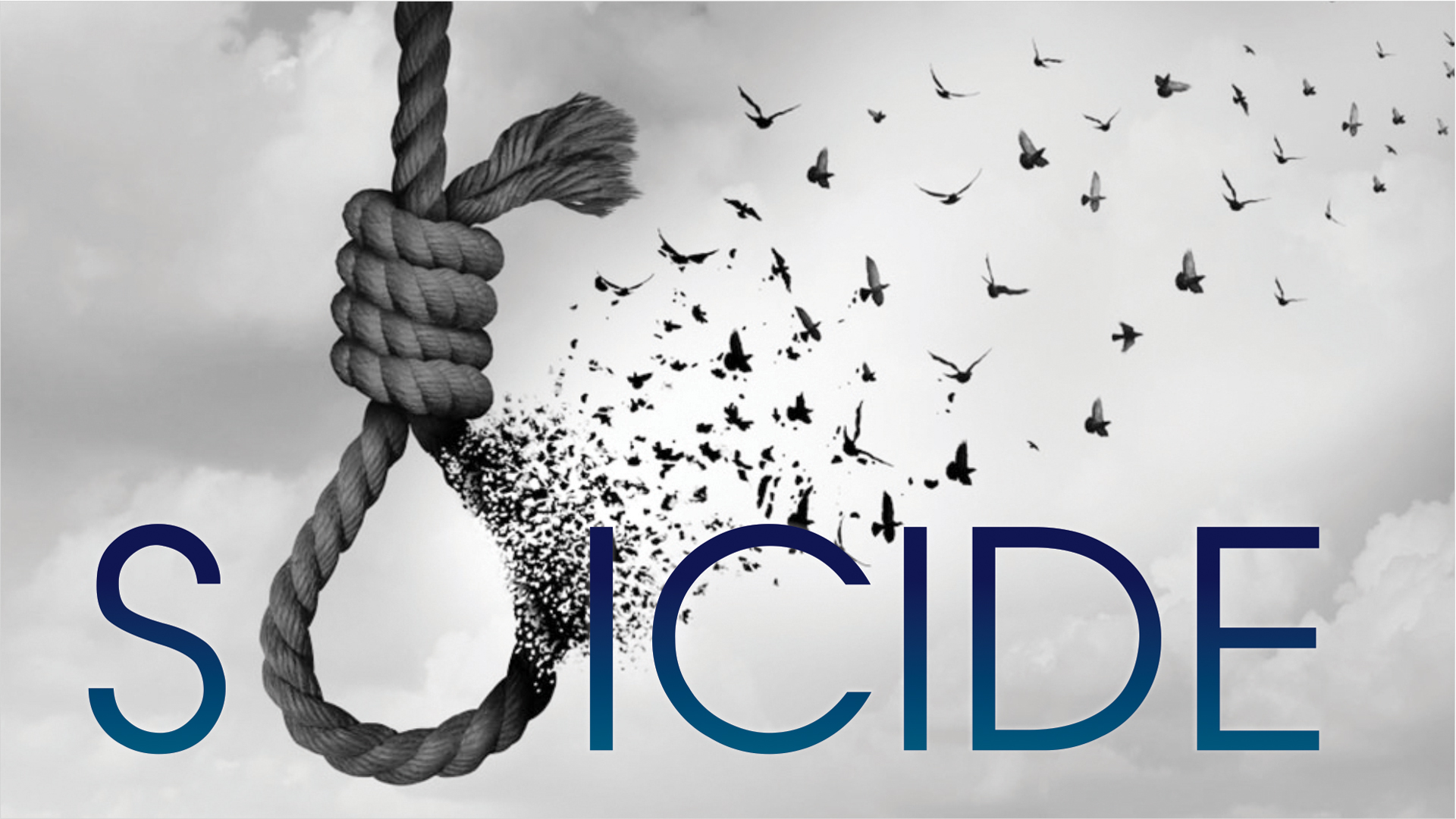
The Silent Tragedy in Pune: When Work Stress Becomes Fatal
In Baramati, Pune district, a senior manager at a nationalised bank ended his life inside the very branch he managed. Serving his notice period after resigning due to health issues and unbearable workload, the man — in his late 40s — waited for everyone to leave, ensured the security guard clocked out, and used a rope he had earlier asked a colleague to bring.
Captured on CCTV, his final act was one of silence and resignation. His suicide note mentioned extreme work pressure but didn’t blame anyone. His wife, sensing something was wrong when he didn't return home, rushed to the bank and found the lights still on. She alerted staff, who opened the doors to find his lifeless body hanging.
The truth is raw and unbearable: a man who once held responsibility for others’ finances couldn’t find a way to save his own mental health. He died in silence — at work, under pressure, unacknowledged until it was too late.
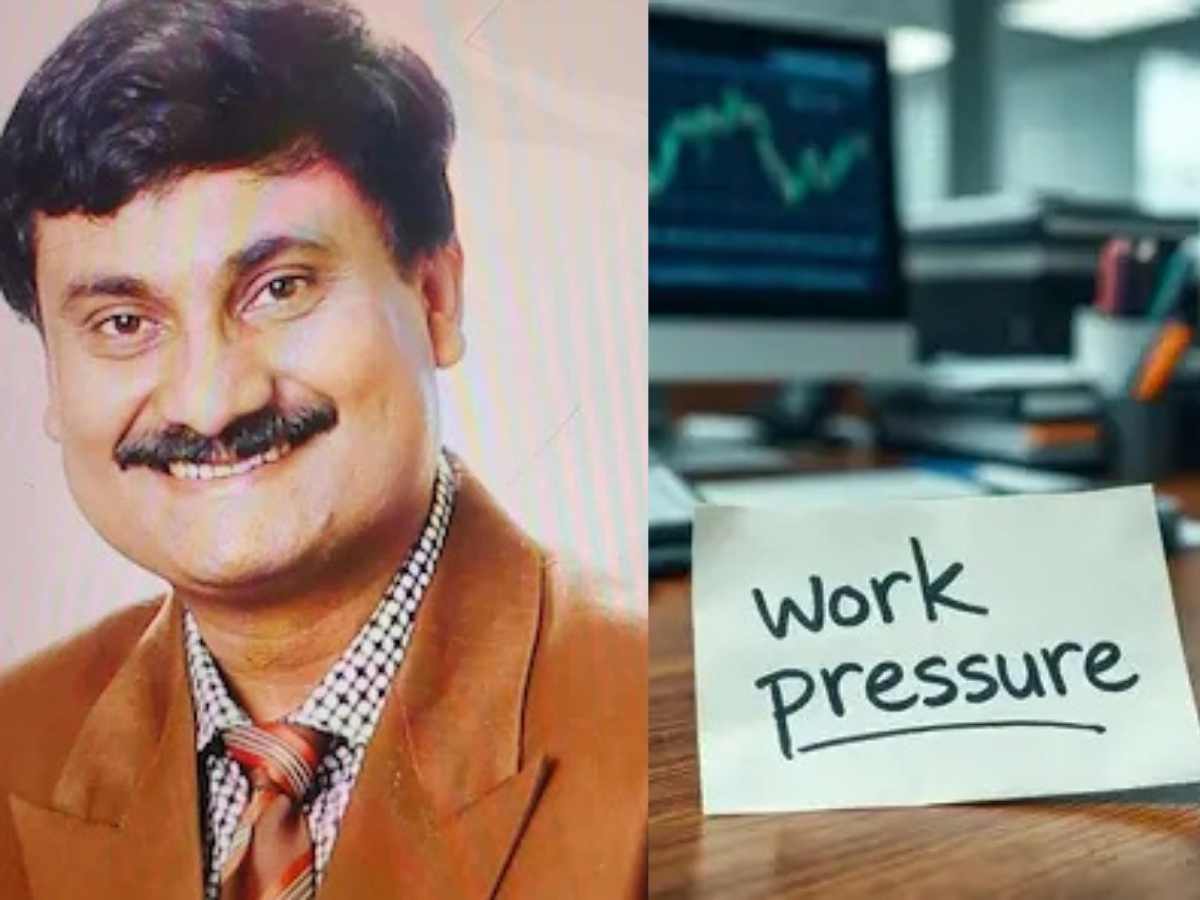
Jyoti's Death in Noida: A Heartbreaking Letter and Institutional Betrayal
In Greater Noida, another tragedy unfolded inside a university girls' hostel. Jyoti, a second-year BDS student, took her own life, leaving behind a note so painful it sparked outrage.
"If I die, the teachers of PCP and Dental Material are to blame… They mentally harassed me. They humiliated me… I am sorry. I can’t live like this anymore. I can’t."
The aftermath was chilling. Fellow students claimed that the suicide note was initially hidden by the hostel warden. There was no communication from the university. One friend described Jyoti’s body lying cold on the hospital floor, unattended, her grieving mother left to face it alone.
What kind of system allows this? What kind of institution prioritizes reputation over a child’s life?
Following student protests and an FIR, two faculty members were arrested. Yet, the question remains — would Jyoti still be alive if her pain had been taken seriously earlier?
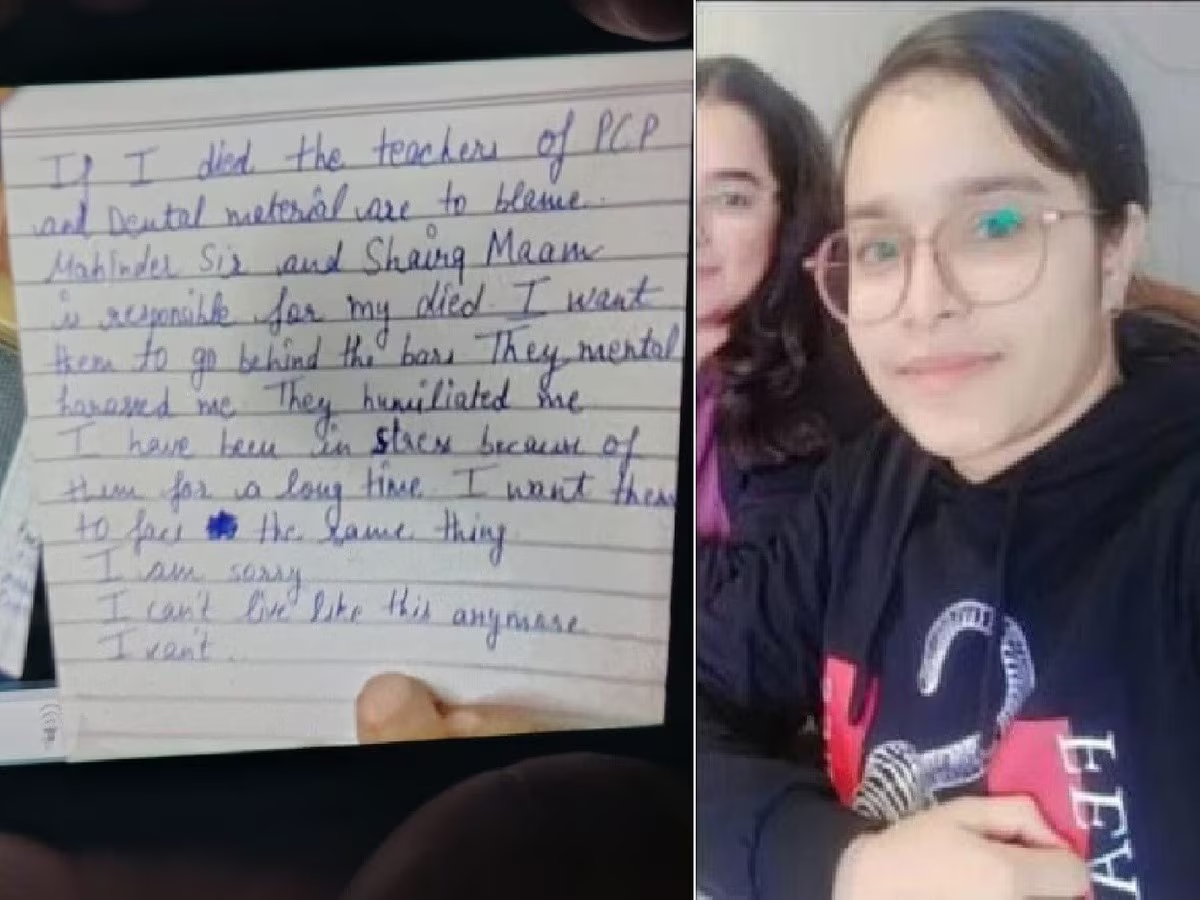
The Supreme Court Steps In: Rising Suicides, Diminishing Accountability
The gravity of rising student suicides has finally reached the apex court. In Amit Kumar & Ors. vs. Union of India, the Supreme Court directed the National Task Force (NTF), chaired by former Justice S. Ravindra Bhat, to take urgent measures to investigate and address suicides among students in institutions like IITs and coaching centers like those in Kota.
The Court reprimanded several states for failing to appoint Nodal Officers to coordinate suicide data and support mechanisms. It pointed out flaws in the NCRB’s data collection and called for more transparency and access to unit-level suicide statistics in educational institutions.
The formation of the NTF signals that student suicides are no longer just family tragedies — they are now matters of national concern. But the work has only just begun.
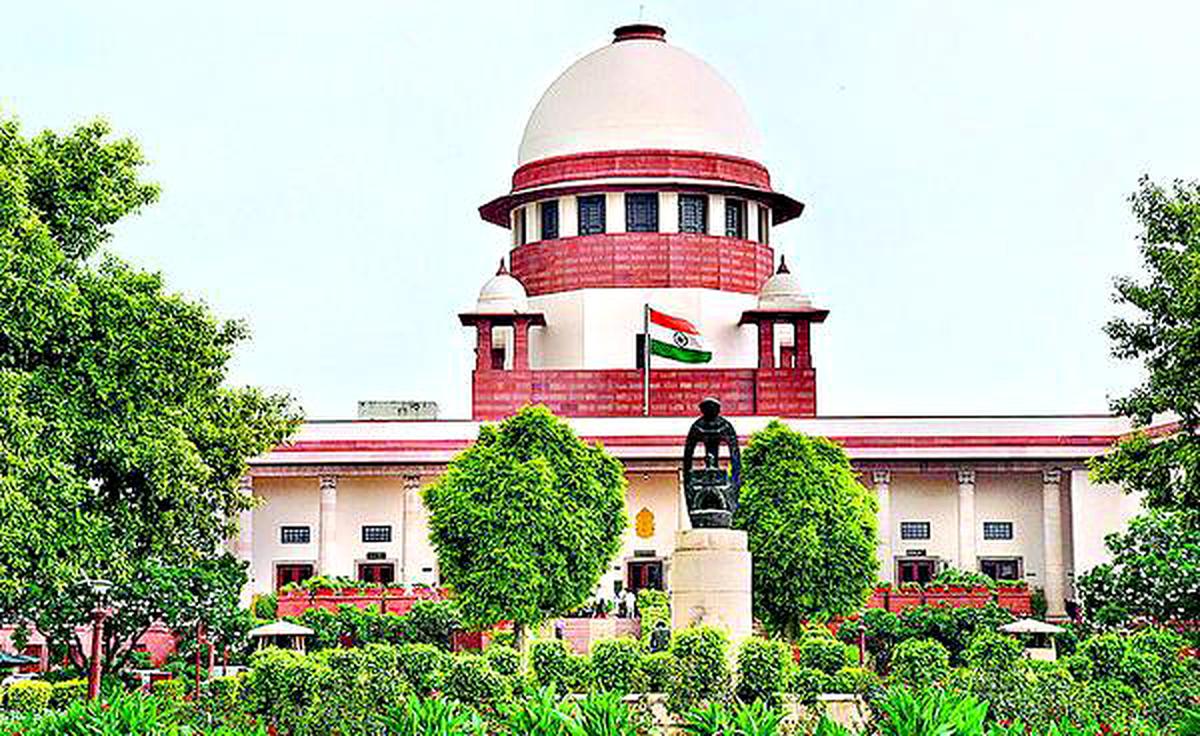
Inside IITs: A System Built for Success, Yet Breeding Despair
India's premier institutions — the IITs — have recorded 127 student suicides between 2005 and 2024. In this year alone, IIT-Kharagpur has seen three suicides. What is driving these bright young minds — who cleared one of the most competitive exams in the world — to the edge?
A toxic mix of post-coaching burnout, relentless grading systems, social isolation, caste-based discrimination, and alienation from faculty often turns campuses into pressure cookers. Many are first-generation learners carrying not just their own dreams, but the hopes of entire families and communities.
A recent survey found that 61% of IIT students cited academic stress as a key reason for mental health struggles. Yet, for many institutions, student wellbeing remains an afterthought.
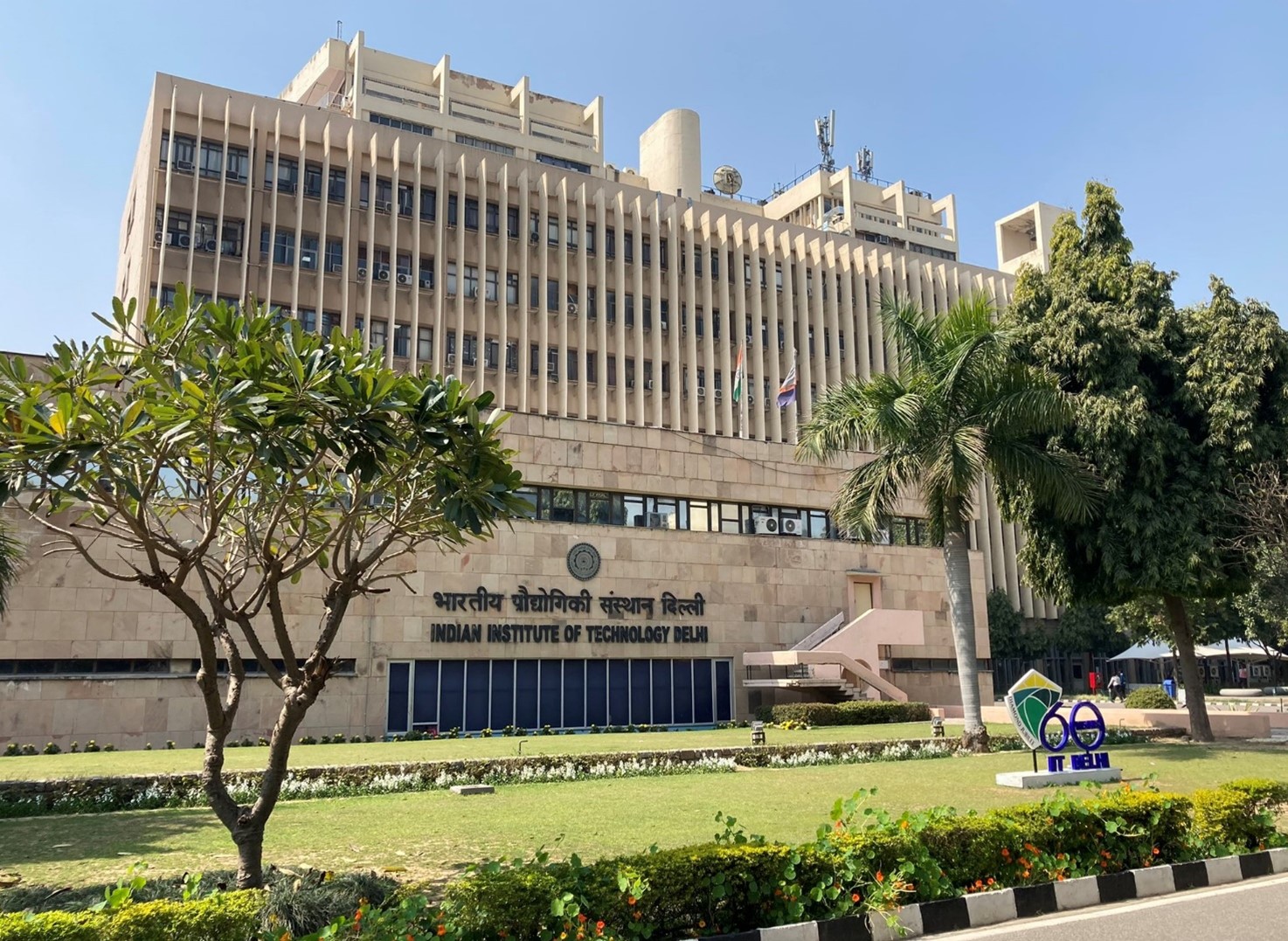
Structural Failures: When Institutions Become Indifferent
The editorial truth is brutal: every suicide is not just a personal crisis — it is an institutional failure. Many campuses lack round-the-clock counselling services. There are few support systems for marginalized students. Discrimination often goes unchecked, and toxic faculty behavior is shielded by red tape or apathy.
In Jyoti’s case, it took public outrage for any action to be taken. In the Pune case, work pressure was normalized — not seen as a threat to life.
The “Campus Mothers” initiative by IIT-Kharagpur, though criticized by some for gender stereotyping, offers a rare ray of hope. Female faculty and staff volunteers are being trained to offer emotional mentorship to struggling students. It’s a reminder that human warmth, not bureaucratic policy, is often what saves lives.
But isolated programs aren't enough. There’s a dire need for system-wide reform:
-
Flexible, less rigid academic structures
-
Anti-discrimination policies backed by real enforcement
-
Mandatory soft-skills and mental health training
-
Independent commissions to investigate campus suicides without bias
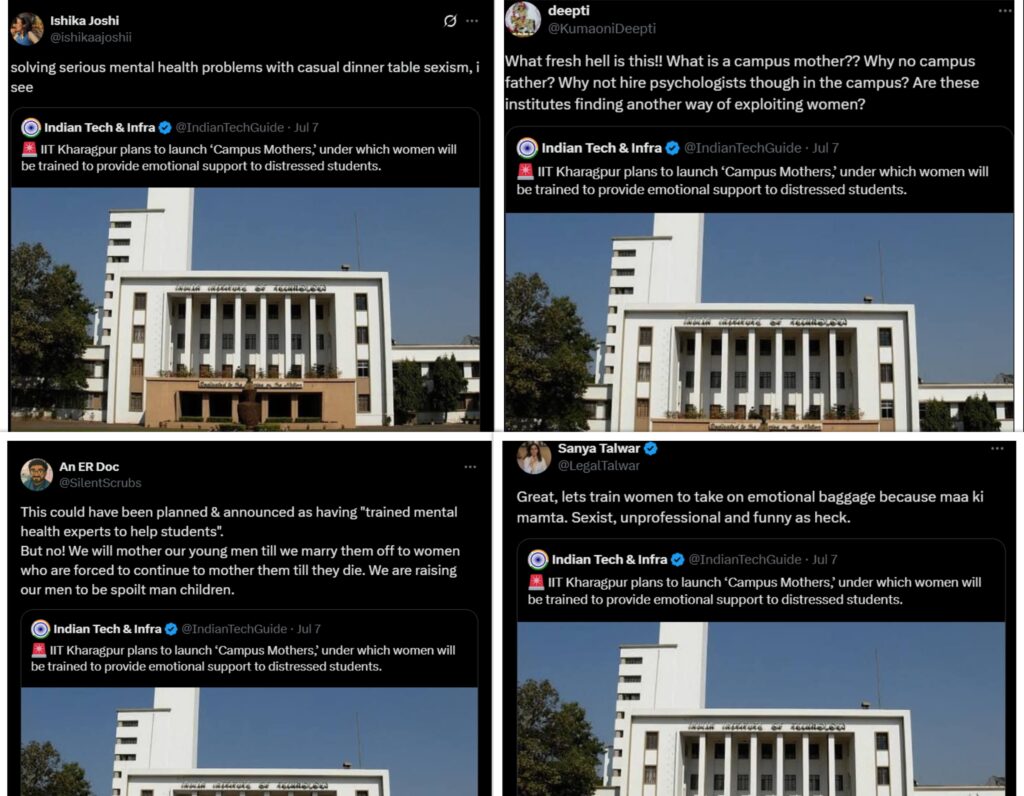
A Cultural Crisis: Why Dying Seems Easier Than Living
There’s a chilling cultural reality behind these suicides: somewhere, society has made pain private and success public. Students are told to suppress anxiety. Employees are told to “toughen up.” No one teaches how to fail, how to ask for help, or how to rest.
Human life has become so inexpensive, so disposable, that an overworked man can hang himself in his office and the world simply moves on. A student can write a note naming her harassers, and yet institutional silence reigns.
We are witnessing a humanitarian crisis disguised as professional burnout and academic excellence.

Before the Next Rope Tightens, We Must Listen
Every suicide is a preventable death. It demands that we listen — not just react. It urges us to ask: Why was death the only option?
Jyoti, the bank manager, the IIT students — none of them wanted to die. They just wanted the pain to stop. And when no system, no person, no policy intervened in time, death felt like mercy.
If India truly values its youth — the backbone of its future — it must prove it not just with scholarships or slogans, but with empathy, reform, and urgency.
Because behind every "I can't live like this anymore" is a society that should have said: You don't have to live like this. We're here.
With inputs from agencies
Image Source: Multiple agencies
© Copyright 2025. All Rights Reserved Powered by Vygr Media.

